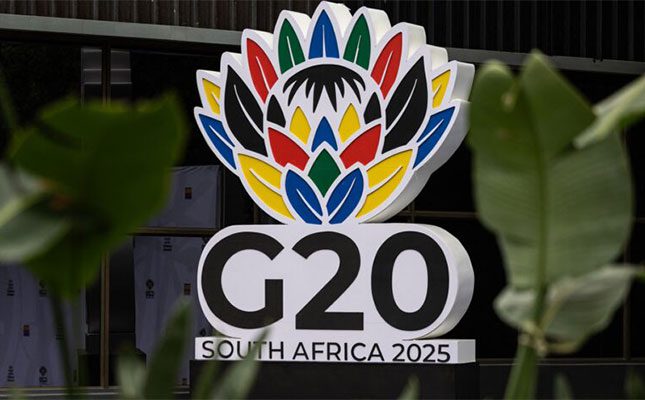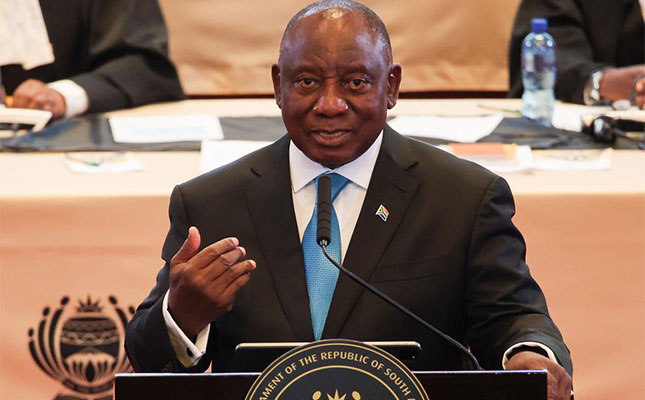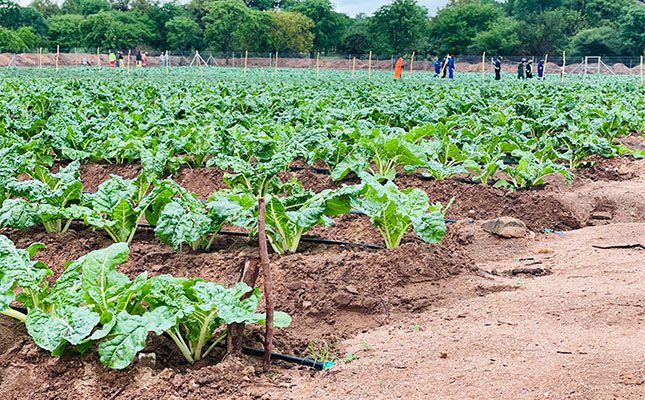
Task Force One addresses inclusive economic growth, industrialisation, employment, and reduced inequality. Task Force Two focuses on food security, while Task Force Three covers artificial intelligence, data governance, and innovation for sustainable development.
Collectively, these task forces provide a comprehensive platform to tackle the intertwined challenges of poverty, inequality, climate change, and technological disruption. Here, take a closer look at Task Force One, which anchors South Africa’s vision for inclusive growth and aims to provide a coherent global framework for inclusive economic transformation.
Youth without jobs
Over the next decade, 1,2 billion young people from developing countries will enter the labour market. However, the global economy is expected to create a mere 420 million jobs, an alarming shortfall that will certainly deepen poverty and exacerbate instability.
The following global statistics serve to highlight the scale of this dilemma:
- 700 million people are living in extreme poverty
- Two billion workers are in informal employment
- Global youth unemployment stands at 13%
- Around 20% of young people are not in employment, education, or training, with young women disproportionately affected
In Africa, most workers are in the informal sector, and the share of working poor has seen little improvement over the past decade. Structural barriers, such as limited value addition and commodity dependence, continue to hinder job creation.
Task Force One seeks to establish a coherent global framework for inclusive economic transformation, integrating the efforts of key G20 groups in employment, development, trade and investment, women’s empowerment, and macroeconomic policy.
Its work is organised into two main streams:
- First stream: focuses on the creation of a policy framework that places employment and equity at the heart of economic strategy. This means moving beyond GDP as the sole measure of progress and instead aligning macroeconomic, labour, sectoral, and social protection policies to achieve:
- Stronger labour market institutions
- Skills that match emerging industries
- Fair and competitive markets for small firms
- Digital transformation that benefits workers, not just platforms
- Social protection systems that cushion shocks
The task force commissioned research, hosted dialogues, and developed G20 Principles for Inclusive Economic Growth, Jobs and Equality as a foundational deliverable for South Africa’s presidency.
Second stream
Building on Africa’s renewable resources and critical mineral reserves, this stream aims to position the continent as a leader in green industrialisation, particularly in manufacturing batteries, electric vehicles, renewable energy technologies, and energy storage.
Task Force One will develop G20 High-Level Principles on Green Industrial Policy for Inclusive Economic Growth, Industrialisation, Jobs and Equality to guide countries in designing strategies that create jobs, are socially just, and support long-term industrialisation. This is especially relevant for countries like South Africa, where just energy transition and industrial restructuring are central to future competitiveness.
If implemented effectively, Task Force One could reshape growth pathways across the Global South, lifting millions out of poverty and building a more equitable global economy where Africa’s youth drive industrialisation, innovation, and sustainable development.
Get trusted farming news from Farmers Weekly in Google Top Stories.
➕ Add Farmers Weekly to Google ✔ Takes 10 seconds · ✔ Remove anytime






